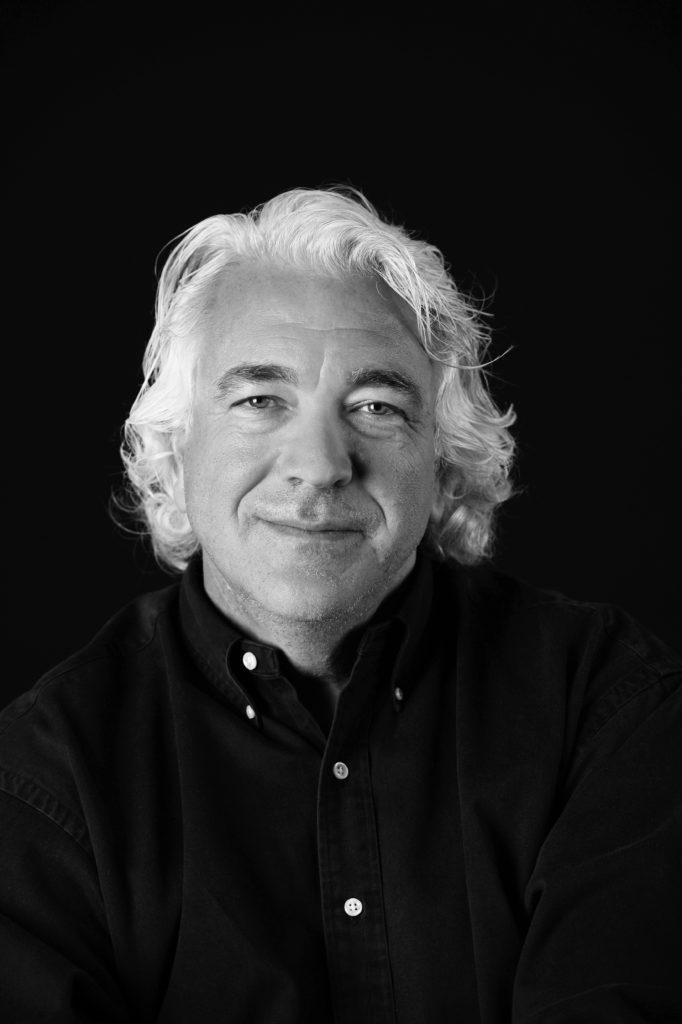By Carter Howe
howethom@grinnell.edu

House Bill 316, proposed to the Iowa state legislature on Feb. 14, would abolish Des Moines Water Works (DMWW), an independent authority that provides clean water to about 500,000 people in Des Moines and its suburbs, and replace it with regional water authorities controlled by local municipalities.
Proponents of the bill say it gives more representation to suburban water customers and allows municipalities to have more control over water distribution. Opponents say it is nothing more than retribution against the lobby for a federal lawsuit DMWW leveled against three counties for excessive pollution of nitrates, common in fertilizer, in the water they send downstream on the Raccoon River to Des Moines. The lawsuit has not yet been settled and will be heard in court in late June, according to Bill Stowe ‘81, CEO of DMWW.
DMWW distributes approximately 60 percent of its water to customers in the Des Moines suburbs, according to a report from the Iowa Partnership for Clean Water. House File 316 would place DMWW’s assets in control of municipalities and change the way the utility’s Board of Directors, whose members are currently appointed by the Mayor of Des Moines, is elected so that the suburbs have more direct representation.
The sponsor of the bill, Republican representative Jared Klein from Keota, which is one hundred miles from Des Moines and whose residents are not served by DMWW, claims the bill is in response to concerns from ratepayers about prices going up and a lack of representation in how the utility makes decisions, KCCI reported.
Stowe believes Klein’s sponsorship of the bill, as he is a farmer affected by proposed nitrate restrictions, shows that its main motives are not local control but protecting agricultural interests in the state.
“We want to call it for what it is; it’s a power grab by Farm Bureau and its allies in the legislature to quiet our opposition to industrial agricultures pollution effect’s on our surface waters,” Stowe said. “If it were about regionalization, it wouldn’t be coming from a hog farmer in southeastern Iowa. It would be coming from a suburban or urban legislator here in central Iowa.”
According to Stowe, increased toxin pollution upstream has negative economic and public health effects for DMWW’s ratepayers and is part of an unsustainable model of agriculture.
“People who produce livestock, or particularly corn, upstream from us are externalizing. They’re moving the costs from their production to our ratepayers,” Stowe said. “It’s a public health issue because it’s not only more expensive for us to have to clean up, … but also because the public health consequences of producing clean agro polluted water makes it very difficult and at some point we’ll fail at being able to do that…whether in Des Moines or whether in New Orleans, it’s part of the Mississippi River valley. And it’s pretty clear that water pollution issues continue to be a problem because of land practices upstream.”
Stowe also said that suburban customers, whom the bill claims to be aiding, do not support it and that efforts have been made in the past at giving suburban communities more say in the governance of the utility but were unsuccessful because of the high cost of assuming a stake in the utility’s capital assets involved.
Opponents have also criticized the bill for potential harmful effects on economic development, particularly a provision that prohibits new construction of water infrastructure until July 1, 2018. This provision has put the development of a Microsoft data center in West Des Moines in jeopardy.
Though the bill is expected to pass, Stowe remains confident that water issues are better dealt with at a federal level because water does not stay within specific political boundaries. He is prepared to do all in his power to ensure environmental protection.
“We’re talking about a public health issue here, water and the strict environmental responsibilities, regulatory responsibilities is what [DMWW] does on a day to day basis. When that’s in danger, that’s a huge issue for public health, and it’s a huge issue for economic development in the area. It’s bad business and it’s bad policy.”



















































